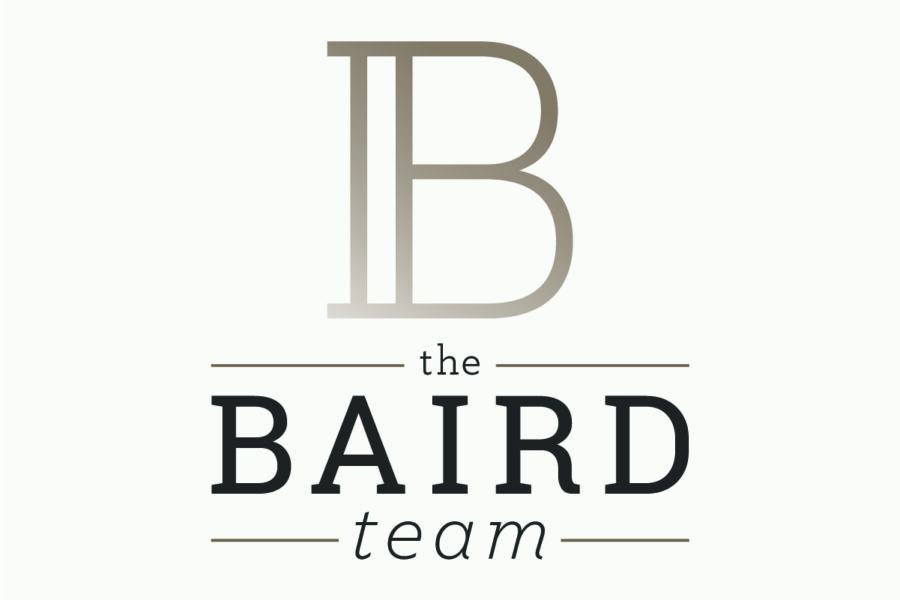Income Properties
Posted May 28th 2020
in
Uncategorized
Income Properties
An income property is a property purchased with the intention of gaining a revenue or profit as a result of owning such property. Income properties come in many forms and can be seen in residential or commercial real estate. For the sake of clarity this blog will focus on residential income properties.
First off, it is important to understand that there is no form of investment property universally better than the other. The type of investment property best suited to you may not be suited to the person next to you. In this blog we will point out the advantages and disadvantages of different investment properties in order to help you decide what is best for you.
If you are fortunate enough to be considering purchasing an investment property, the type you choose will all depend on your current situation. What are your finances like? What is the real estate market like? How much time can you invest? What sort of profits / income do you want to see? Are you trying to achieve short term or long term profits? These are all important questions to consider and will determine what type of investment property you need.
Some investors decide their course of action around long-term profits and property appreciation – the buy real estate and wait rule applies to these individuals. Others choose to purchase investment property that will garner a return of profit sooner rather than later. And while some real estate investors’ financial situation allows them to invest in a property with all cash, others might have to rely on a mortgage to finance their investment property, limiting their options and requiring them to plan their finances and profits accordingly.
Rental Properties
You might assume that owning your own rental property would be desirable as it would see immediate cash flow however in most scenarios this may not be the case. If the property owner does not have high cash flow already the rent paid by tenants to the landlord is usually used for the expenses.
Costs of running rental properties include the mortgage payments, taxes, property management fees (if applicable), and property maintenance. You will still need to save some money for any unexpected home repairs to keep your investment property in good condition and to keep tenants content with their living environment. You won’t have a passive income high enough to allow you to quit your day job. The fact is most rental properties have quite high operation costs and the true return on investment is seen over long term periods.
The appreciation of the property and increase in value will mean that the longer you have the property the more it will sell for. The longer you have the property the more you can pay the mortgage down thus increasing the equity you place within the property. And best of all, when you think about it, the tenant is actually paying for the mortgage yet you will be reaping the rewards. All you will need is a little bit of patience and a willingness to invest the time / effort throughout the renting period.
Vacant Land
Vacant land could be considered a great form of investment for many potential real estate investors. This is due to the typically low prices of vacant lands and the almost non-existent maintenance costs of owning vacant land. Vacant land is much easier to manage than rental properties because maintenance concerns of a rental property like plumbing and electrical don’t apply to vacant land.
It’s more challenging to get traditional financing to purchase vacant land from banks. Buyers of vacant land often pay with cash. Owning the land outright is a massive advantage and offers a lot of security. Choosing to pay in full allows you to avoid mortgage interest costs and other banking fees. This is all dependent on the investor’s financial standing and whether they have the cash flow to support such an investment.
Typically, the only expense of owning land would be property tax. This tax will be quite low however you pay it every year and if you hold onto the land for a number of years this will all add up so you must remember that your eventual goal is to sell the land for a price higher than the combined yearly tax expenses plus the purchasing amount you paid in the first place.
Remember also that it is possible in many cases to make garner a profit from the land by using it for farming or even renting it out to hunters. One of the biggest benefits of buying vacant land is the freedom to create the property you want.
For a successful vacant land investment you should hire a real estate agent who knows the area of choice like the back of their hand. You need to know that the land you are buying is in an area of growth. The best scenario is purchasing land that would be extremely useful for future development.
Flip Properties
The final type of investment property we will discuss is flip properties or renovation properties. Flipping involves purchasing a rundown property that can be renovated in a relatively short period of time and then sold at a much higher price than the purchasing price.
For a flip to be successful you should investigate the neighbourhood where the potential flip property is located. You should look for comparable homes, with similar square foot in better condition that have consistent average sales prices above that of the asking price of the flip property you intend to purchase. This will indicate that you will generate a good return on investment and achieve the ultimate goal of gaining large profits in a short term period.
Initial purchasing costs should be quite low however expenses will add up significantly throughout the renovation process. Flip properties have the highest rate of unexpected costs and expenses that may arise during the renovation as well as during the closing processes. Thus, a real estate investor will need to get the property inspected at the different stages of the investment in order to avoid unexpected expenses. Flipping requires an investor with particular skillets, knowledge of renovations and a lot of time to do a lot of planning. The short term profits can sometimes blind investors who only see dollar signs. Don’t be fooled, there is a lot of work needed to create a successful flip operation.
In conclusion, you can see that there are definitely advantages and disadvantages to each form of real estate investing. The most important thing to note is that research is key – when you know what you are doing, you will succeed. If you need help hire a professional! If you are still unsure which avenue of real estate investing best suits you, give The Baird Team a call and we can figure out your next steps!





